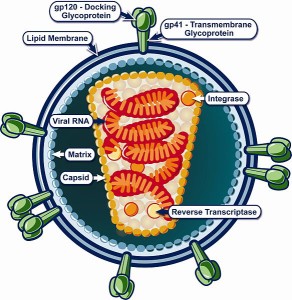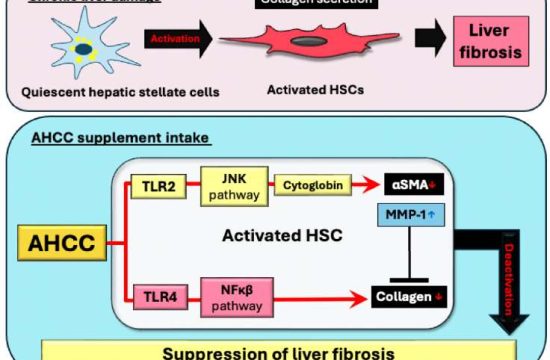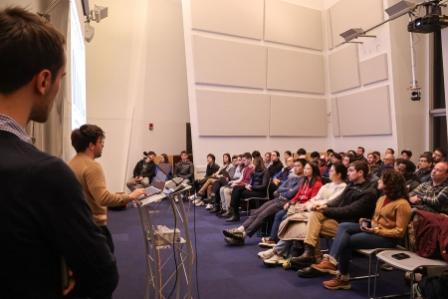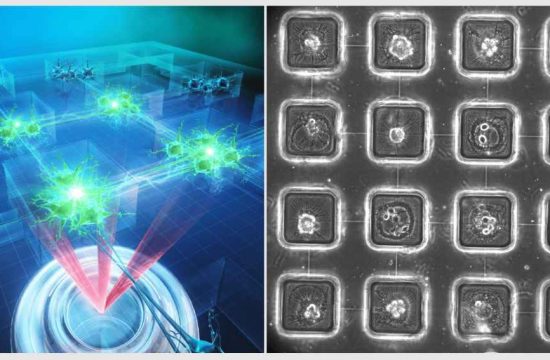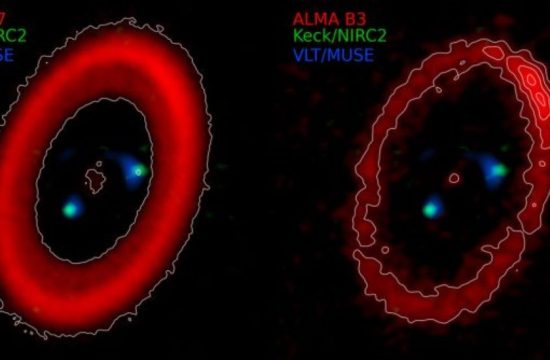
A drug that’s used to control herpes simplex virus 2 (HSV-2) could reduce levels of HIV in patients who do not have genital herpes, finds a National Institutes of Health (NIH) study.
The 18-patient study, published online inClinical Infectious Diseases, is the first study to demonstrate that the anti-herpes drug, Valacyclovir, does not need HSV-2 to be present to suppress HIV.
“These findings are very encouraging,” senior author Leonid Margolis, Ph.D. head of the Section on Intercellular Interactions at the NIH’s Eunice Kennedy Shriver National Institute of Child Health and Human Development (NICHD) said in a statement. “If valacyclovir’s effectiveness against HIV can be confirmed in a larger cohort, it could be added to the mix of drugs used to suppress the virus, and might prove especially helpful in cases in which HIV has developed resistance to other drugs.”
The same research team showed in a 2008 study that acyclovir suppresses HIV in laboratory cultures of HSV-infected human tissues. For the current study, the team used valacyclovir, a structurally similar drug to acyclovir, because it remains in the blood longer than acyclovir — and therefore, wouldn’t need to be taken as often.
Earlier studies have shown that acyclovir reduces HIV levels in patients infected with both HIV and HSV-2. But this effect is believed to be due to the drug’s ability to reduce immune activity, resulting in fewer active immune cells for HIV to infect. The inherently complicated nature of HIV virus — in which the virus infects immune cells — is partly why scientists have not yet come up with a reliably effective HIV vaccine.
On the other hand, the lab results showed that the drug likely lowered HIV levels by interfering directly with HIV’s reproductive machinery and did not need the HSV-2 infection. Researchers believe this action also interferes with HIV’s ability to reproduce.
Also involved in the study were researchers from Case Western Reserve University, Cleveland, Emory University, Atlanta and Lima, Peru.


